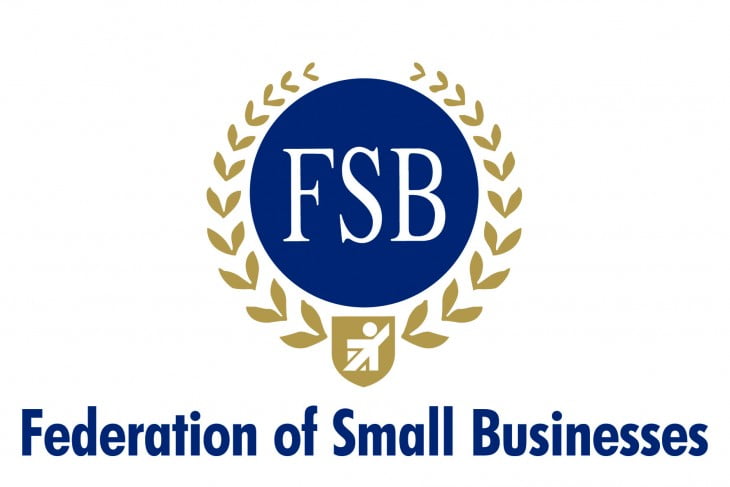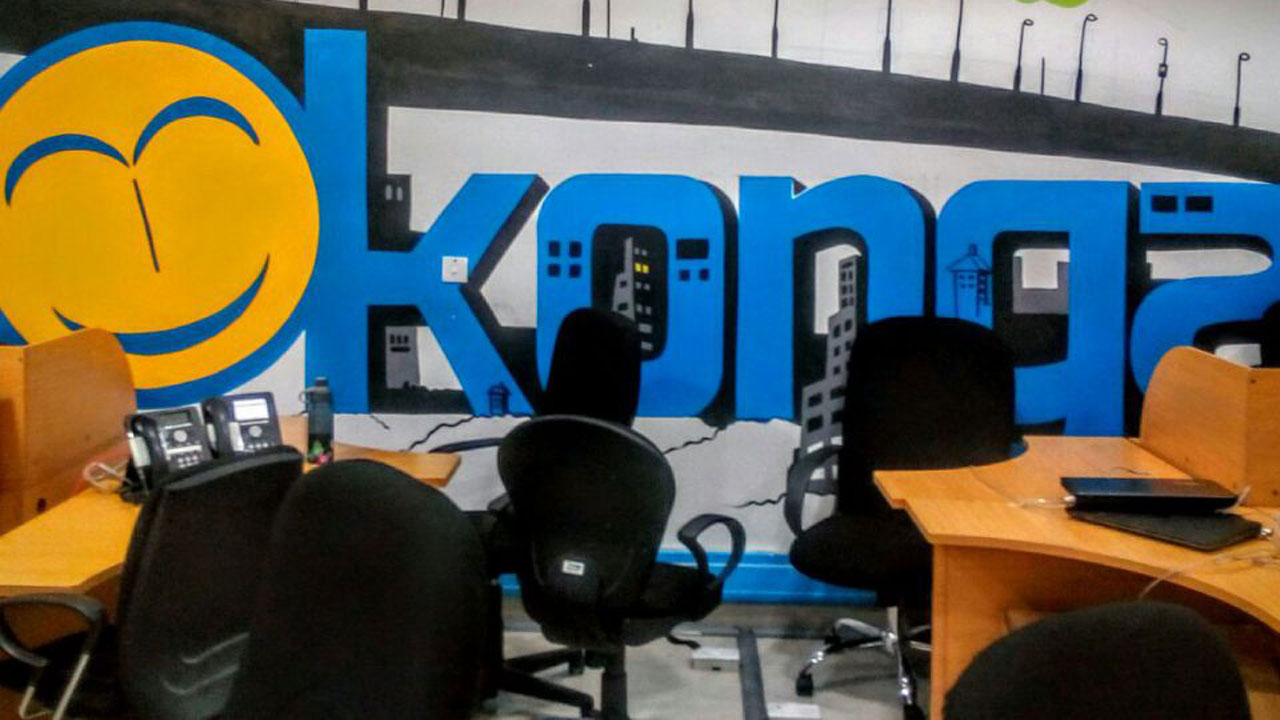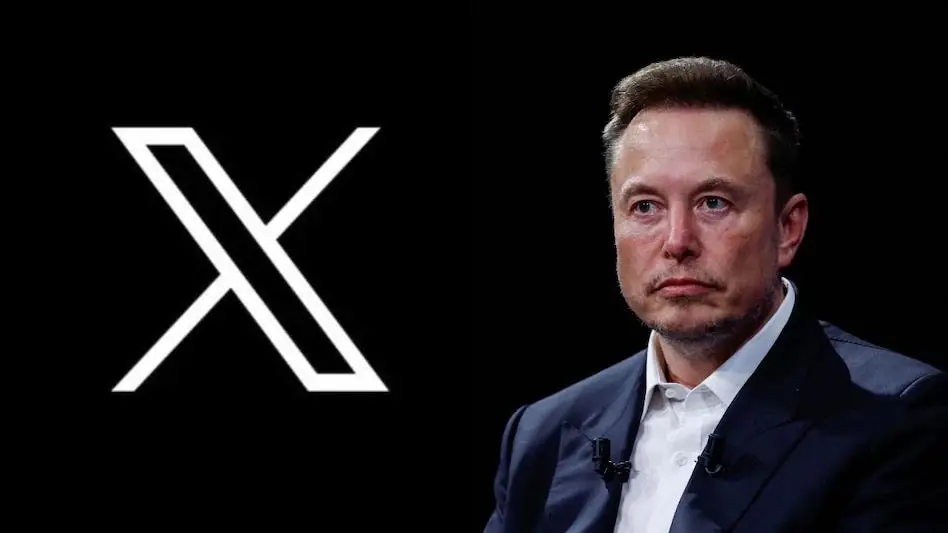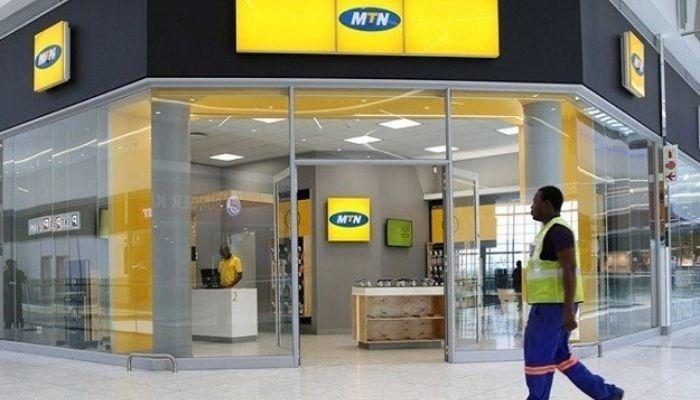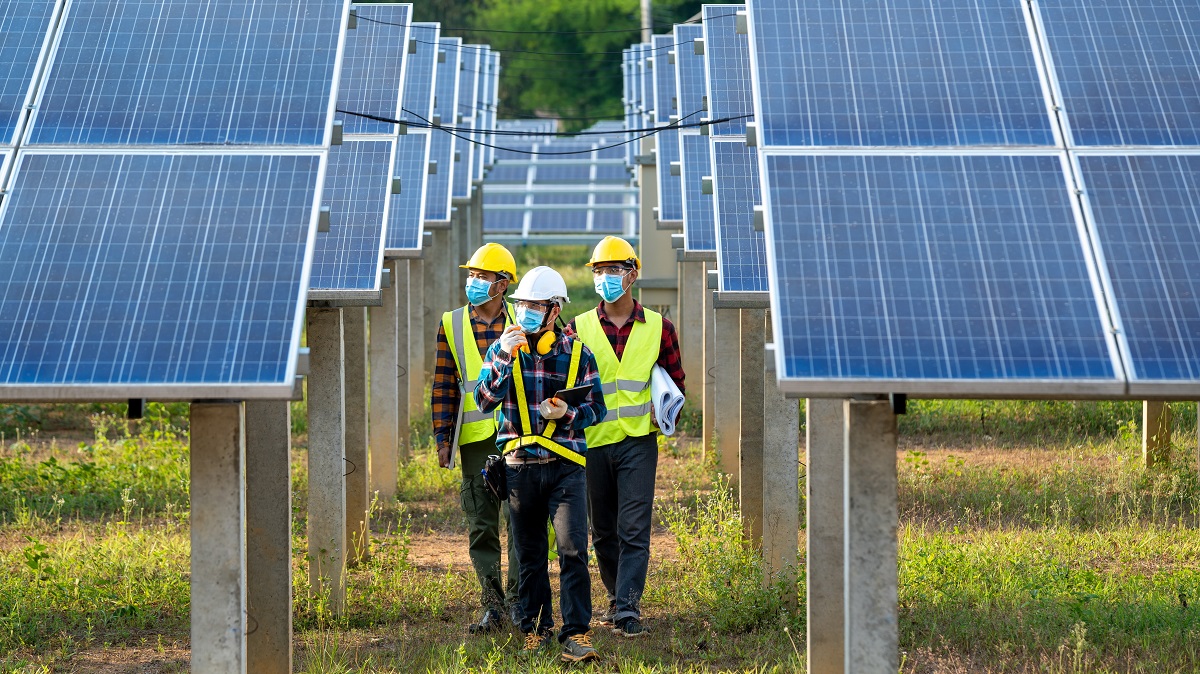The Federation of Small Businesses (FSB) is marking its 50th anniversary by honouring the achievements and contributions of small businesses and self-employed individuals across the UK.
The FSB Celebrating Small Business Awards 2024 are free to enter and open to all, regardless of whether they are FSB members or not. The deadline for applications is fast approaching, with a closing date of Sunday 11 February 2024.
The Awards Categories and Benefits
The FSB Awards recognise excellence and innovation in 12 different categories, ranging from sustainability and family business to diversity and inclusion and service excellence. There is also a new category for franchise business this year. The winners will be announced at the start of March, with local networking events taking place to celebrate those shortlisted for the UK Final. The UK Final will be held at the iconic Winter Gardens Empress Ballroom in Blackpool in May, where all shortlisted will get a free ticket to attend. The headline sponsor for the FSB Awards 2024 is Tyl by NatWest, a payment service provider that helps small businesses accept card payments and access insights and support.
The FSB Awards are not only a chance to showcase the success and innovation of small businesses, but also an opportunity to network, gain exposure, and attract potential investors and customers. According to the FSB, there are 5.5 million small businesses in the UK, employing 16.7 million people and contributing £2.3 trillion to the economy. They are the backbone of the UK’s economic recovery and resilience, especially in the wake of the Covid-19 pandemic and Brexit challenges. The FSB Awards aim to celebrate their vital role and inspire more people to start and grow their own businesses.
Read also: Mastercard, Alerzo partner to digitize Nigerian SMEs
Tips and Stories from Previous Winners
To help aspiring applicants, the FSB has hosted a webinar on how to be an award-winning business and why it matters. The webinar featured previous winners who shared their stories, tips, and impacts of winning an FSB Award. Some of the speakers were:
Gbemi Shitta, founder of Sweet Dough Things, a bakery that specialises in Nigerian-inspired doughnuts and pastries. She won the Exporter of the Year Award in 2023, after expanding her business to the US and Canada. She said that winning the award boosted her confidence, credibility, and visibility, and helped her secure more orders and partnerships.
Gordon Quinn, co-owner of Badachro Distillery Ltd, a craft gin distillery based in the Scottish Highlands. He also won the Exporter of the Year Award in 2023, after growing his international sales to over 20 countries. He said that winning the award gave him recognition, validation, and motivation, and helped him increase his brand awareness and customer loyalty.
Imran Anwar, founder of Alt Labs Agency, a digital marketing agency that helps small businesses grow online. He won the Largest Small Business of the Year Award in 2023, after scaling his business from a one-man operation to a team of over 100 people. He said that winning the award gave him a competitive edge, a sense of achievement, and a platform to share his story and inspire others.
Liz Drury, founder of Liz Drury Voiceovers, a voiceover artist who provides narration for various media projects. She won the Self-employed/Freelancer of the Year Award in 2023, after diversifying her services and reaching new markets. She said that winning the award gave her credibility, exposure, and opportunities, and helped her attract more clients and referrals.
Donna Ali, founder of BE.Xcellence CIC, a social enterprise that provides training and mentoring for women from diverse backgrounds. She won the Diversity and Inclusion Award in 2023, after empowering over 500 women to start or grow their own businesses. She said that winning the award gave her recognition, confidence, and support, and helped her expand her network and impact.
